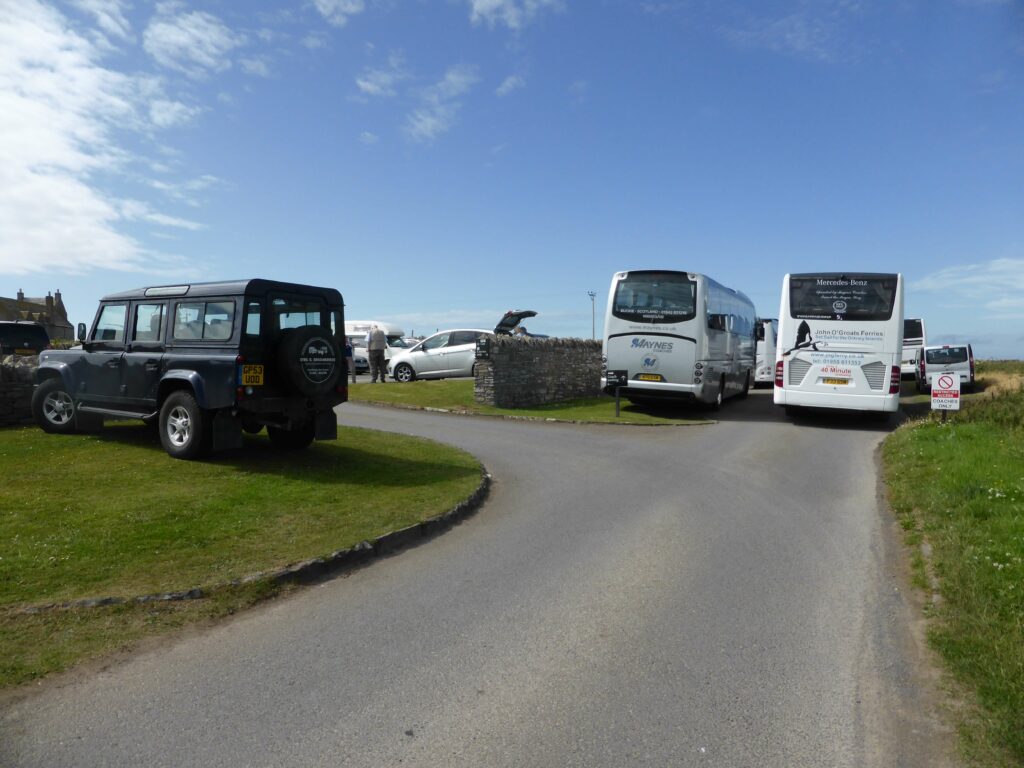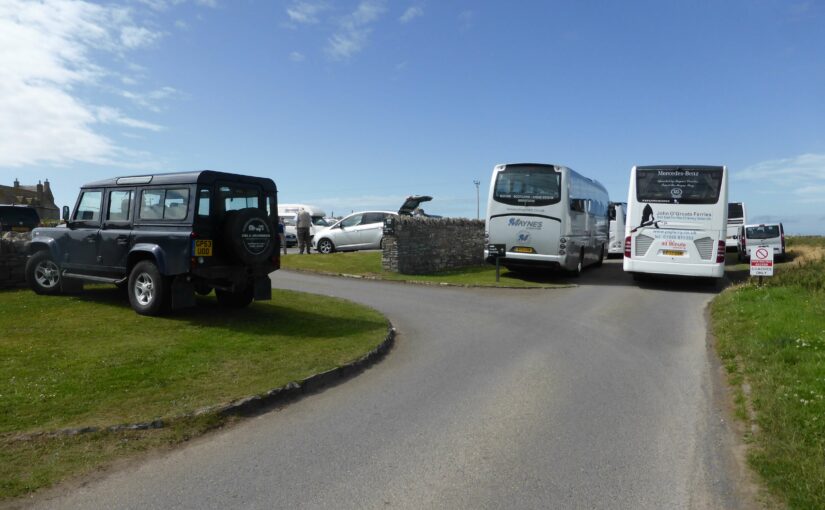I’m interested by the way in which so many of our current anxieties relate to mobility. As I write there are fuel shortages at garage forecourts, supermarket shelves are beginning to look a little depleted, managers are concerned about the flow of goods for Christmas, and problems with the harvesting of foodstuffs have been

linked to the absence of an overseas workforce. The infrastructure on which we depend for everyday life relies on the maintenance of mobility.
The roots of the situation are deep, though perhaps only recently have they impacted so deeply across society. Throughout the nineteenth century those who could afford it could access an increasing variety of exotic food and goods from across the British Empire. Equally, the Empire relied on the flow of British goods to the far-flung corners of the earth in order to supply those who managed it with the vestiges of British comfort to which they were accustomed. Prior to that, the incremental, if slow, passage of foodstuffs and materials into Britain, from spices to silk, goes back many centuries, though in general the goods were only available to a select few.
In recent decades the experience of travel has moved from goods to people, and touched a wider section of society as prices dropped and the ‘benefit’ of the package holiday to some far flung sunshine became a commonplace aspiration. At the same time the rise in private ownership of cars meant that people enjoyed a more fluid lifestyle than before: we could live further from work, we could keep in touch with family even when we moved 100 miles or more away. With this we took many things for granted, though we may not have thought much about them. Modern medicine meant, for example, that, despite the increased traffic, the dangers of importing a serious disease into your community: plague; smallpox; or typhoid perhaps, were no longer a worrisome consideration.
There was a time when travel was the privilege of the few, the wealthy, or those with specialised occupations. There was a time when travellers were viewed with suspicion because of the health problems they could herald. A time when quarantine was regarded as a necessary safeguard for the community, rather than an expensive irritation. Journeys were the stuff of stories for cold winter nights: The Odyssey; Viking Sagas; The Lord of the Rings. Most of us would never have seen ourselves on journeys like these, but it was entertaining to imagine others making them.
Over the past century or so we have become accustomed to travel, and we no longer fear it. Indeed, we regard it as an inalienable right. Whether we are making the journey ourselves or just enjoying a pineapple or glass of red wine shipped over from warmer climes, it is hard to imagine a life where our experiential boundaries lie within walking distance of home (my mother was required to live within walking distance of the London hospital where she nursed so that she could get in to work whatever the weather or other problems).
Right now, however, the assumption that mobility is an essential foundation of society is challenged on several fronts. There are short-term issues relating to the flow of goods and people around the country. There are longer-term issues (I hope), related to the climate-cost of transport (personally, I feel that some of our biggest problems lie in the difficulties behind our determination to maintain current levels of private transport from cars to cheap flights). And now there is a third issue, somewhat ironic: despite our love of overseas travel, we are suddenly faced with the very real prospect of importing unwanted variants of a new, and in some cases fatal, virus when we do go abroad. It is the first time in over a century when we might, perhaps, feel alarmed about this. And yet most of us are, seemingly, happy to take the risk, happy that modern medicine can conquer all. Or are we? In some small communities there is a very real tension between those who wish to welcome the tourist traffic that now sustains the economic basis of life, and those who would prefer to keep visitor numbers low in order to maintain low levels of local transmission of disease. Some have made the decision not to leave home just yet, others have been anxiously following government travel guidance and are booking winter sunshine.
There is no easy solution, and, individually, none of us is in control of our fates. Interesting times though, to watch how the crises play out and see whether our addiction to mobility changes.

You must be logged in to post a comment.